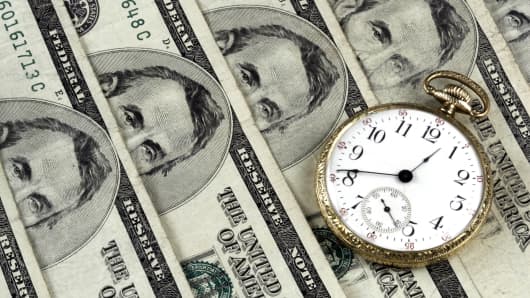Whether the "sequestration" happens or not, money is flowing into the stock market and likely will continue to do so this year, say analysts who spoke recently to CNBC.
Robert Luna of SureVest Capital Management says the quick flow of money into stocks may already be cause for concern — even without the automatic spending cuts sets to kick in March 1 — but other good options are scarce.
"January was an outstanding month for the S&P 500, so even without the sequestration the market's a bit vulnerable here," he said. "But we have to place people's money where it can get a return. Sitting on cash is not going to do it. Government bonds — you're already seeing people lose money there this year. The money has to flow back into equities."
The more cautious view is held by Michael Farr, president of investment management firm Farr, Miller and Washington, who sees a sequester-triggered $1 trillion in cuts over the coming decade causing the market to pull back as much as 10 percent, and quickly.






